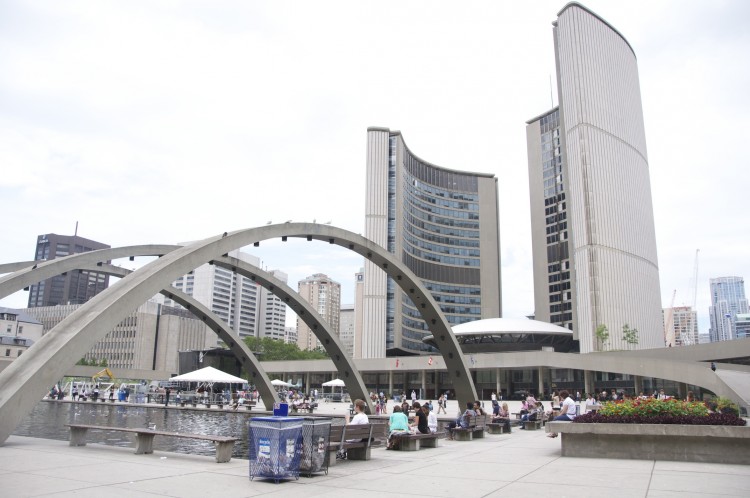In the 21-hour marathon session of the city’s executive committee last week, councillors heard from the public to not act on any of the cost-cutting opportunities identified in auditor KPMG’s review. However, the committee has voted to have all options on the table for their September 19 meeting.
In a media briefing last Friday, Budget Committee Chair and Ward 39 councillor Mike Del Grande stressed that the city was considering KPMG’s report, not carrying out all the proposed cuts.
“Everything is on the table for discussion,” he said.
Since municipalities are not allowed to run deficits, the council is required to balance the books for next year.
At the media briefing, City Manager Joe Pennachetti maintained the $774 million funding gap in next year’s budget, calling it “the largest opening budget challenge we’ve had since the amalgamation.”
Councillor Michael Thompson of Ward 37 also held firmly onto this figure in an interview.
In a media briefing last Friday, Budget Committee Chair and Ward 39 councillor Mike Del Grande stressed that the city was considering KPMG’s report, not carrying out all the proposed cuts.
“Everything is on the table for discussion,” he said.
Since municipalities are not allowed to run deficits, the council is required to balance the books for next year.
At the media briefing, City Manager Joe Pennachetti maintained the $774 million funding gap in next year’s budget, calling it “the largest opening budget challenge we’ve had since the amalgamation.”
Councillor Michael Thompson of Ward 37 also held firmly onto this figure in an interview.






